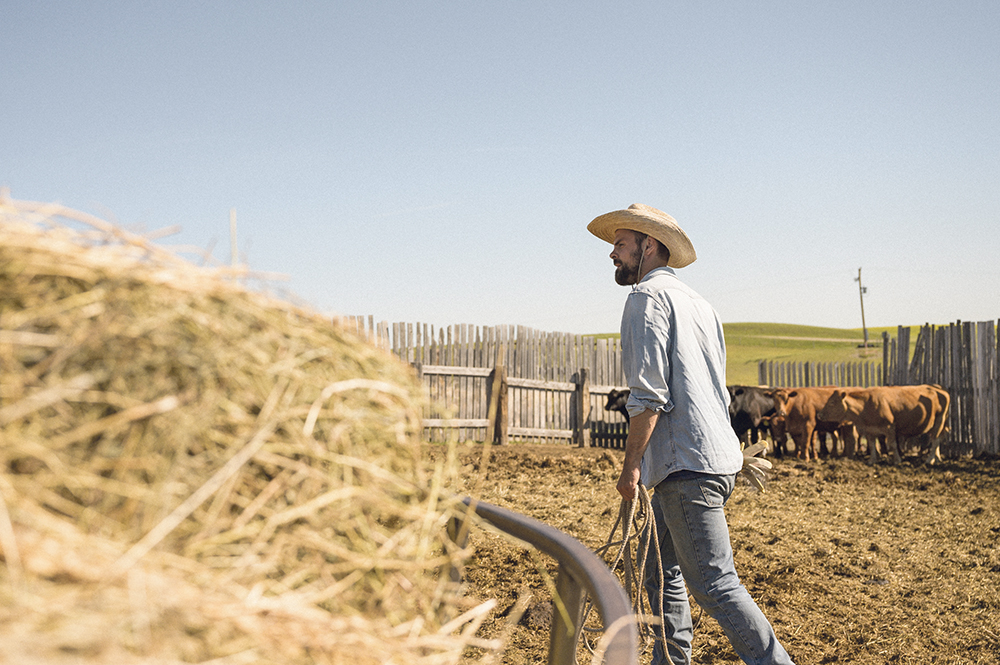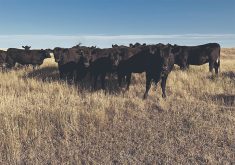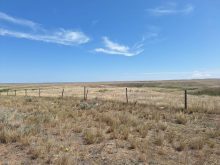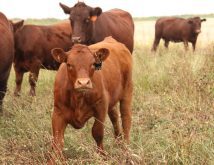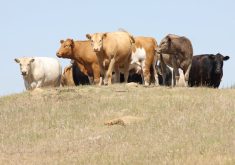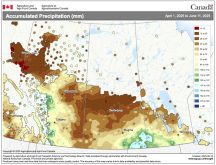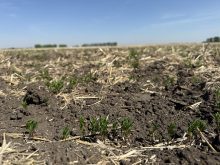Saskatchewan Stock Growers Association makes more suggestions to government on how to help deal with feed shortage
The Saskatchewan Stock Growers Association says governments have to take more action to help cattle producers through the extreme drought.
The member-based organization submitted its drought survival plan to both the provincial and federal governments, saying previously announced measures are appreciated but the situation is getting worse.
“As we talked to producers and our membership it was clear more needed to be done,” said president Kelcy Elford.
He said the SSGA put forward solutions, noting, “it’s easy to get bogged down in what isn’t happening.”
Read Also

Farming Smarter receives financial boost from Alberta government for potato research
Farming Smarter near Lethbridge got a boost to its research equipment, thanks to the Alberta government’s increase in funding for research associations.
The plan includes more changes to the provincial Farm and Ranch Water Infrastructure Program (FRWIP) and Saskatchewan crop insurance, and ways to enhance cash flow.
Elford said it’s critical that any barriers preventing feed salvage from forward-contracted crops be removed and asked governments to work with grain companies on this issue.
The SSGA also asked government to work with short-line and national railways to affordably move feed, feedgrains and byproducts to areas where these are in short supply. The organization asked grain farmers to make their below-average crops and straw available for feed.
Elford said there is little feed available, and prices are already climbing. He said one producer located straw bales about 340 kilometres away and paid $100 per bale. Adding other ingredients to the straw to make a ration will extend winter feeding costs to $5 per head per day.
“We need to see the tax deferral extended to five years, minimum,” Elford said, regarding the federal designation in drought regions. Cattle organizations have asked that the regions be larger and that all classes of cattle, not just breeding stock, be included.
On the FRWIP changes, Elford said a key recommendation is the inclusion of power installation as an eligible expense. Producers are looking at drilling deep wells, and getting power to run the pumps is a significant cost.
Other requests include decreasing gross farm income eligibility to $10,000, funding offsite watering systems without a requirement for dugout expansion or riparian protection, providing technical support, expediting approvals and paying the government portion directly to contractors.
Producers would like funding for temporary fencing so unharvestable crops can be grazed.
They want the Saskatchewan Crop Insurance Corp. to move quickly on assessments and adjustments regionally, and adjust the guaranteed base price to reflect current market prices.
In terms of cash flow and financial management, the requests are to allow tax-free AgriInvest withdrawals, advance interim payments through AgriStability, long-term low-interest loans to cover expenses and help rebuild, and extended payments on several loan programs.
Saskatchewan agriculture minister David Marit said during a July 28 meeting he would take a look at some of the ideas, according to Elford.
“Producers have done all that they can do,” he added.
“Their physical and mental health is suffering. They’ve done all they can do and it’s still not enough.”




